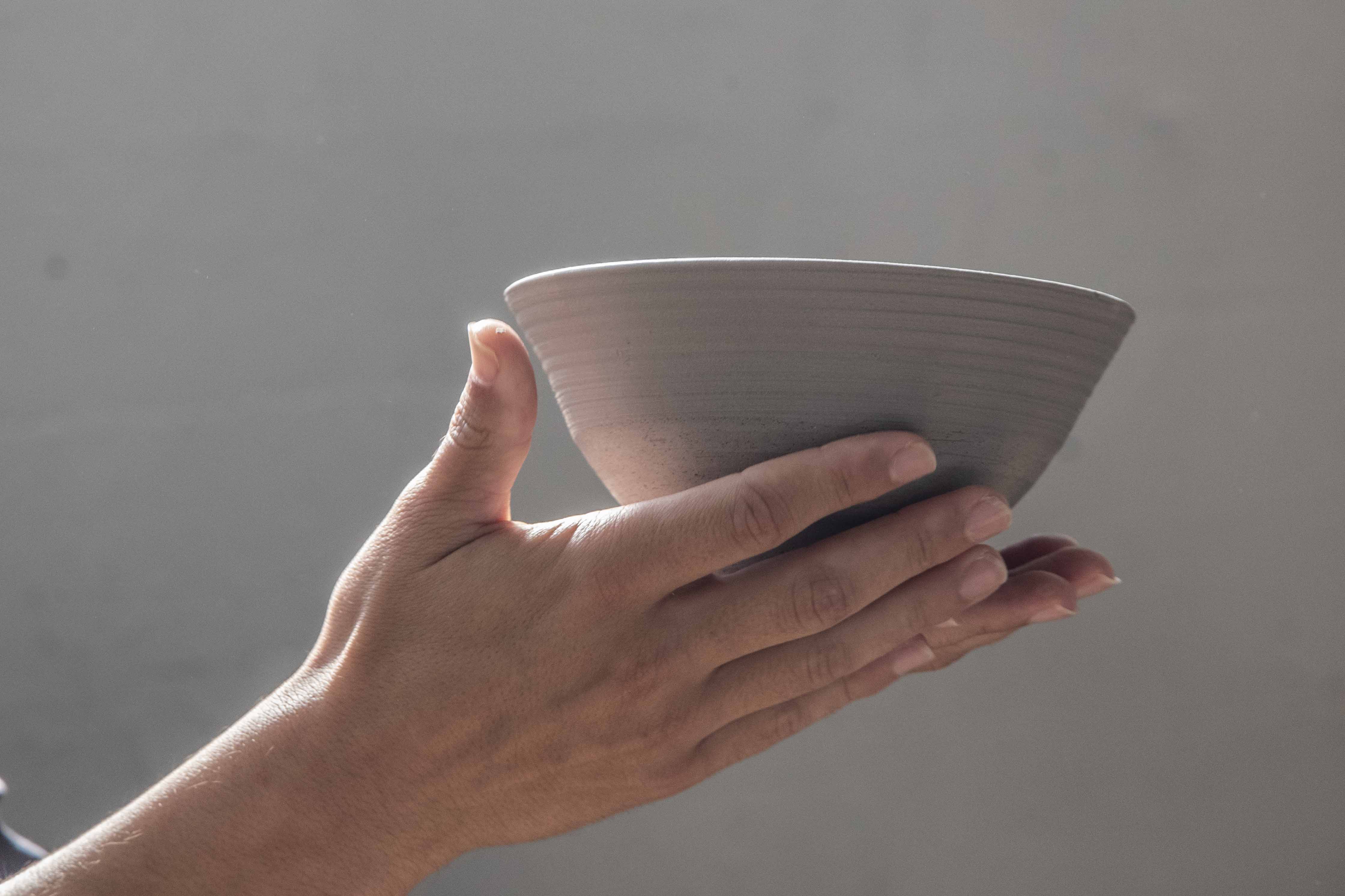
Warren BA ’22: Apathy In Quarantine
A student reflection from the global pandemic.
I’m huddled in the corner of my bed and wrapped up in blankets, scrolling through the news on my phone—America is rapidly deteriorating in all areas of society, and chaos is the new norm—or at least that’s what I’ve been told. For my part, everything seems ok, although I’m afraid to admit that out loud.
The sun still rises in my hometown of Santa Cruz; I can still smell the ocean breeze during the calm of early morning. I’ve spent several lazy weeks away from my school—Dharma Realm Buddhist University—located at the City of Ten Thousand Buddhas in Ukiah. The rampant protests, ongoing pandemic, and loss of life I read of everyday doesn’t shock me anymore. I’m more prone to sighing and then going about my day, which consists of a steady diet of Netflix and telling myself that I should stop watching it.
Perhaps I’m privileged. I should be grateful for my circumstances: my parents still work at the post office and I’m safe and sound with family. None of my loved ones are in immediate danger or severely impacted by the crisis and quarantine. But why the apathy, then? Is it because I’m not experiencing any suffering myself? It’s difficult conjuring up a concern and genuine compassion for those in less fortunate circumstances than mine.
As bad as it sounds, I’m one of the last persons you could convince to protest racism with, along with the cynics and the skittish who would rather stay at home. I want to protect myself and immediate loved ones—the world at large isn’t my concern.
Martin Niemöller and his poem, “First they came…”, comes to mind as an apt warning for those who feel similarly:
First they came for the Communists
And I did not speak out
Because I was not a Communist
Then they came for the Socialists
And I did not speak out
Because I was not a Socialist
Then they came for the trade unionists
And I did not speak out
Because I was not a trade unionist
Then they came for the Jews
And I did not speak out
Because I was not a Jew
Then they came for me
And there was no one left
To speak out for me
Although our current situation isn’t quite the same as Nazi Germany, Niemöller’s message remains relevant: you can never truly empathize with those who suffer unless you’ve experienced that suffering yourself. The call for action only resonates when there’s a personal need for it.
I’m not sure what to do with this piece of information. Should I enmesh myself with those more impacted by the crisis than I, and perhaps share in their suffering in order to understand it? I’d rather not catch COVID-19, however, or leave the safety of my home. I’m helping others by isolating myself—aren’t I?
But tomorrow is another day, and I expect to wake up with a sigh to the turmoil of my country and the rest of the world. This is my admission of apathy. I hope the rest of you are well and privileged to sigh in safety as well.


